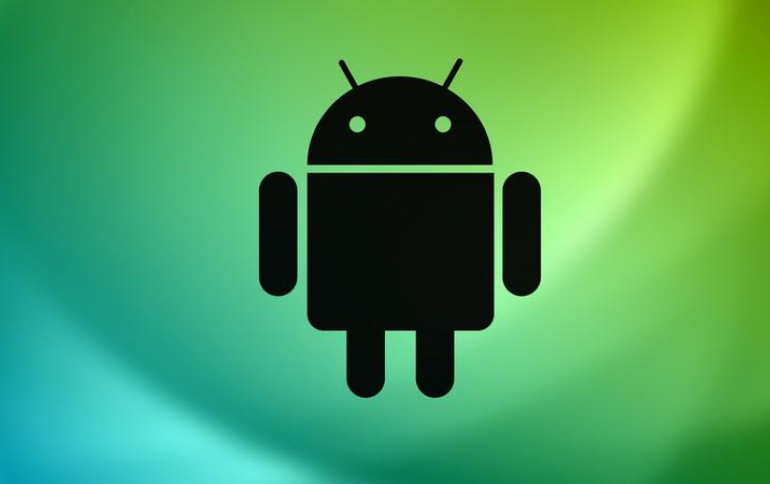
Google's Project Fuchsia Could Be The Successor of Android Successor to Android
Google is reportedly put resources on project 'Fuchsia', a new operating system that could run on anything from smartphones to laptops and internet-connected sensors, and could eventually replace the Android and Chrome operating systems.
According to Bloomberg's unnamed sources, for more than two years, a small and stealthy group of engineers within Google has been working on the new software.
Fuchsia was created to overcome the limitations of Android as more personal devices and other gadgets come online. It's being designed to better accommodate voice interactions and frequent security updates and to look the same across a range of devices -- a single operating system capable of running all the company's in-house gadgets, like Pixel phones and smart speakers, as well as third-party devices that now rely on Android and Chrome OS.
The new OS could better compete with Apple 's iOS, Google's chief smartphone rival. While Android's roughly 85 percent market share crushes Apple's 15 percent, the Apple operating system has a leg up in areas like performance, privacy and security, and integration across Apple devices. Another key advantage: Most iPhone users quickly update their phones when Apple releases a new version of the operating system, while less than 10 percent of Android users do. This means Google's latest services only reach a fraction of Android users.
Switching to Fuchsia will not be easy, as the Android software supports dozens of hardware partners, thousands of developers -- and billions of mobile-ad dollars. So expect to see it in action in the next years.
A huge contingent of independent developers and device makers, such as Samsung, Huawei and LG, rely on the Android operating system. Chrome OS is also important software that runs web-based laptops used by many schools and other organizations.
Google relies on phone makers and wireless network operators to push regular operating system and security updates to Android devices. These partners don't have as much incentive as Google to distribute the latest software. Google has tried to address this problem recently. In May, the company modified its agreement with handset makers requiring them to updates devices with security patches multiple times a year.
In addition, Android and Chrome OS are built on Linux. The "Linux kernel" is the core of Google's current operating systems, handling instructions zipping between the hardware and software of smartphones and other devices. Fuchsia uses a different kernel, called Zircon, that eschews many of the older technologies in Linux. This could make some existing devices incompatible.
Fuchsia is said to be developed with voice interaction at its core. The design is also more flexible in that it adjusts to multiple screen sizes -- an attempt to cater to the new products, such as televisions, cars and refrigerators, where Google is spreading its software.




















